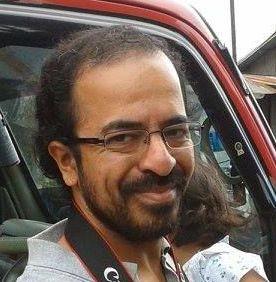The CoRE Stack (Commoning for Resilience and Equality) is a digital public infrastructure consisting of datasets, pre-computed landscape level indicators, and tools, that can be used by rural communities and other stakeholders to improve the sustainability and resilience of their local landscapes. The stack broadly consists of four layers. First, using ML on satellite imagery we are producing novel geo-spatial layers on changes over the years in cropping intensity, water-table levels, health of waterbodies, forests and plantations, and welfare fund allocation, among others. Second, these help generate rich analytics on diverse socio-ecological indicators. Third, tools that use these underlying datasets and analytics enable communities to build a shared understanding about their landscape, align on informed action to improve the resilience and sustainability of their landscape, monitor its progress, and report insights. Fourth, these tools have relevant plugs to integrate their outputs, including community demands, for public and private landscape funding mechanisms that can especially support community stewardship of landscapes.
A brief outline of the stack is here and a detailed technical manual of the science and methodology behind computing various geospatial layers is here. All outputs are in the open and built to encourage constant improvement by the community: github repo, dashboard to download and browse datasets, assets on Google Earth Engine.
Various outputs of the stack are being used and tested by several Civil Society Organization (CSO) partners, with their feedback being constantly factored into continued development and refinement of the stack.
A key vision behind the CoRE stack is to enable innovators to build upon and contribute their own datasets and use APIs to build applications and dashboards for new use-cases. We will present the architecture of the CoRE stack, some complexities involved in the computation of these datasets, and several open problems and projects on which the open-source community can contribute.
Which track are you applying for?
Dr. Aaditeshwar Seth
